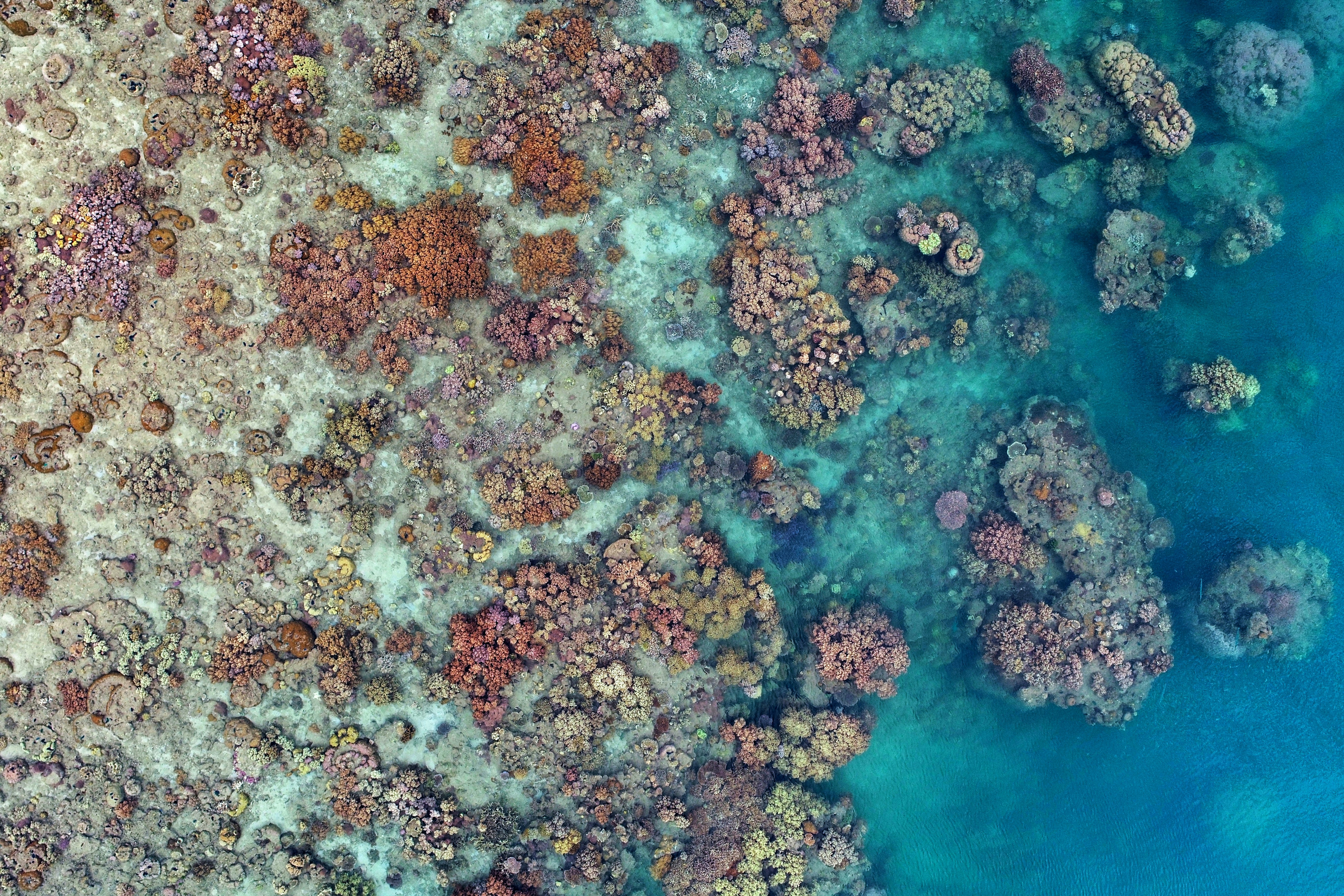Expert Reaction
These comments have been collated by the Science Media Centre to provide a variety of expert perspectives on this issue. Feel free to use these quotes in your stories. Views expressed are the personal opinions of the experts named. They do not represent the views of the SMC or any other organisation unless specifically stated.
Professor Peter Mumby is from the School of the Environment at the University of Queensland
Most coral reefs I know have experienced coral bleaching in the last few years. The scariest element is that some of these heatwaves are unprecedented and causing mass coral mortality across vast areas. This has particularly been the case in parts of the Caribbean and Florida
Professor David Booth is a Professor of Marine Ecology at the University of Technology Sydney (UTS)
Severe climate change coral bleaching has become widespread in the last decade and not only impacts corals directly but also the species and fisheries they support. We must reduce emissions and fossil fuel use now - it will soon be too late.
Associate Professor Ruth Reef is from the School of Earth, Atmosphere and Environment at Monash University
Coral bleaching is a result of many environmental stressors, but the main one is sustained elevated ocean temperatures.
In 2025, sea surface temperatures were above long term average in many ocean regions, including the tropics where coral reefs are found.
It does not take much of a temperature anomaly to cause corals to bleach, just 1°C, and recovery is slow.
Dr Vincent Raoult is a Senior Lecturer in Marine Ecology at Griffith University
I have studied Australia’s coral reefs for nearly two decades. In that time, I have seen many reefs, including some that I have revisited numerous times, slowly decline as a result of repeated bleaching events, to the point that it’s rare to find a reef that appears untouched by these devastating events.
Watching this slow decline has been one of the most emotionally devastating experiences of my life, and NOAA's recent announcement comes with no surprise. Coral reef scientists have been seeing the effects of repeated bleaching events on the Great Barrier Reef for decades, and warning that these bleaching events would be getting more intense and frequent, and those predictions have come true.
Most recently I surveyed reefs around Lizard Island, seeing that, after the fourth bleaching event in a decade, bleaching had led to ~90% of shallow corals dying in 2024. If we do nothing to dramatically reduce emissions, these natural wonders will no longer be the same. I want my children and their children to see these beautiful places for themselves, the question is, can we do something to change course in time? This report from NOAA is the most dire warning yet, no longer a canary but a blaring alarm that we must act.
Dr Jen Matthews is Deputy Team Leader of the Future Reefs Group in the Climate Change Cluster at the University of Technology Sydney, and an expert in coral nutrition
"The mass coral bleaching event unfolding across the globe is a stark reminder of just how vulnerable our reefs are to climate extremes. Healthy corals rely on microscopic algae living in their tissues – not only for their vibrant colours, but also for essential nutrients that fuel growth, immunity, and reproduction. When corals bleach, they lose this vital nutritional partner.
Just as humans need the right fuel to recover from illness, corals require access to key nutrients to survive, recover, and rebuild. But they also need nutritional reserves to fight off disease and reproduce – crucial processes for reef resilience. So even after temperatures drop, the heat isn’t truly off for coral reefs.
This global event must galvanise action to protect and restore coral reefs – for example by embedding nutritional resilience into management strategies – especially here in Australia, where healthy reefs are ecologically, economically, and culturally irreplaceable."



 Australia; NSW; VIC; QLD
Australia; NSW; VIC; QLD



